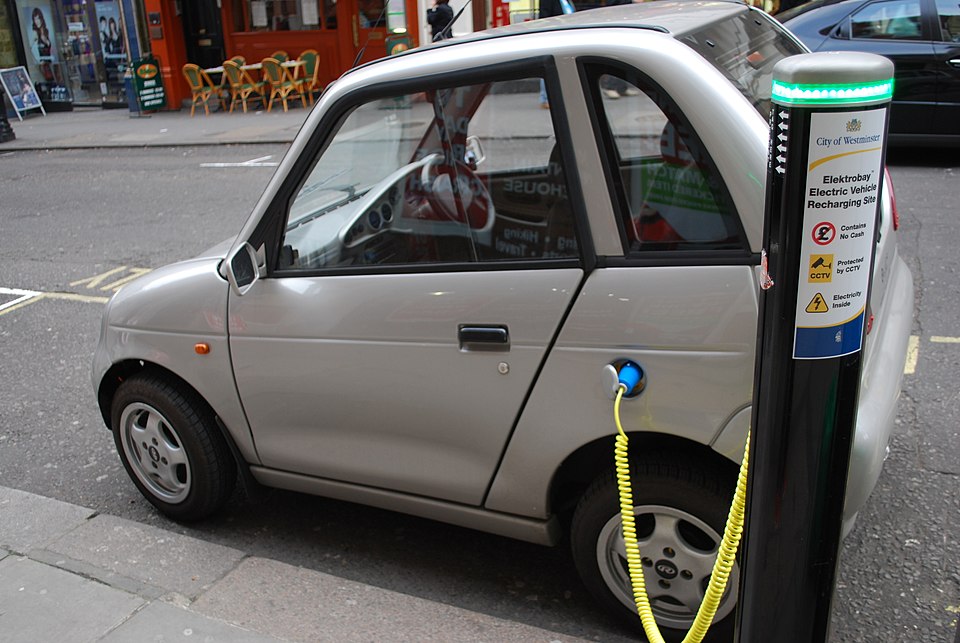
New regulations are coming into effect that will help UK households cut down on their energy bills by making smart functionality a standard feature in many home appliances.
As part of the government’s Plan for Change, smart-ready standards will now apply to appliances like heat pumps and electric vehicle (EV) chargers. This means new models must be equipped with technology that allows them to shift energy use to cheaper times of day—like overnight—when demand is lower and prices drop. Consumers will be able to choose whether to activate these features, potentially unlocking significant savings.
For example, EV owners using off-peak tariffs can already save around £332 a year by charging their vehicles overnight. Heat pump users could cut costs by about £100 annually compared to using a traditional gas boiler.
A key part of the new framework ensures that these smart appliances—such as EV charge points, heat pumps, and battery storage systems—can work across different energy providers. That means consumers won’t be locked into one supplier and can shop around for the best tariffs, driving competition and further lowering prices.
These changes fall under the government’s Clean Power Action Plan, aimed at putting more money in people’s pockets and helping households benefit from lower bills.
Energy Minister Michael Shanks explained:
‘From EV chargers to heat pumps, smart appliances can do the hard work for consumers by automatically using energy when the price is low. We want to put more money in people’s pockets as part of Our Plan for Change by making it easier for people to benefit from cheaper off-peak tariffs in their home.
These new standards will also bring a common-sense approach to smart appliances by ensuring different brands and models can operate across different energy suppliers, allowing consumers to shop around for the best deals”.
In addition to promoting affordability and flexibility, the government is also introducing tough cybersecurity standards to protect users and their data from online threats.
Beyond individual savings, these reforms are expected to have broader benefits. By shifting demand away from peak hours, the country can reduce the need for expensive upgrades to the electricity infrastructure—potentially saving £40 to £50 billion by 2050. It also helps make the most of the UK’s growing supply of renewable energy, cutting reliance on fossil fuels.
Looking ahead, the Market-wide Half Hourly Settlement, launching in 2027, will push suppliers to use precise data to offer even more flexible smart tariffs. The government has made clear there will be no delays in implementing this system, reinforcing its commitment to helping consumers benefit as quickly as possible. Photo by Alan Trotter, Wikimedia commons.



































